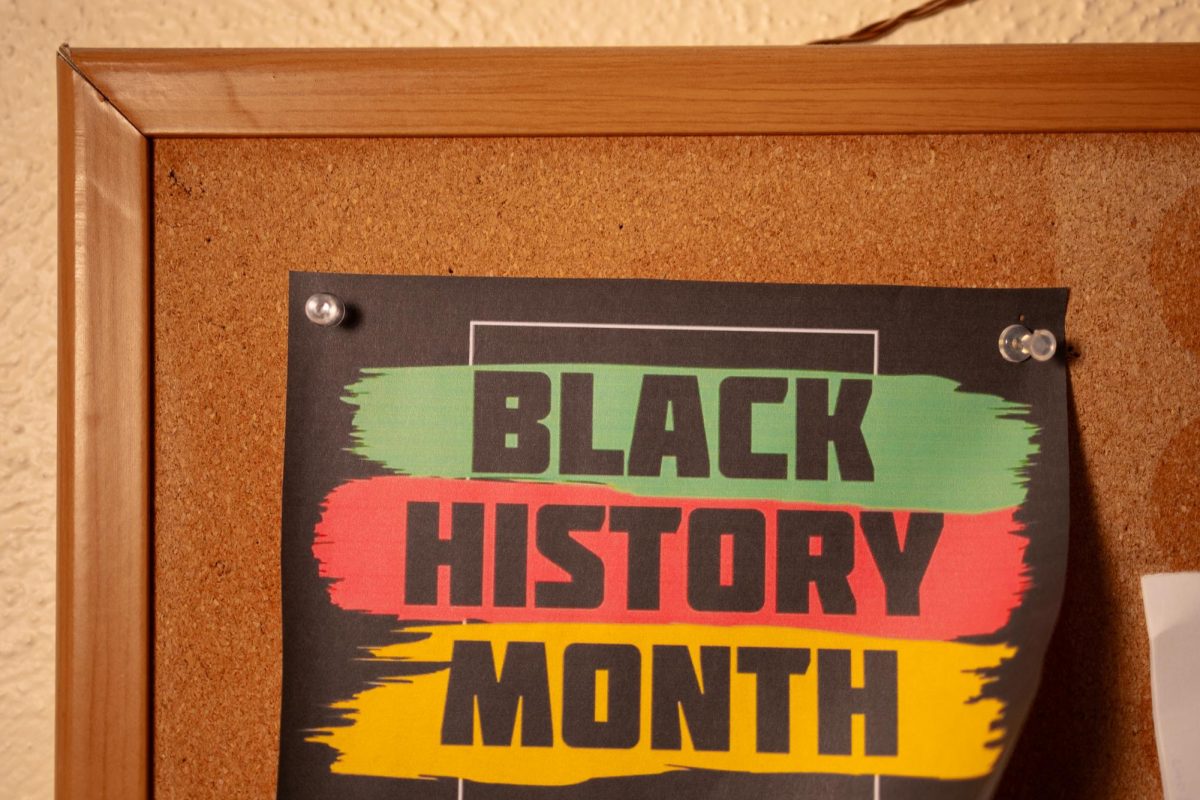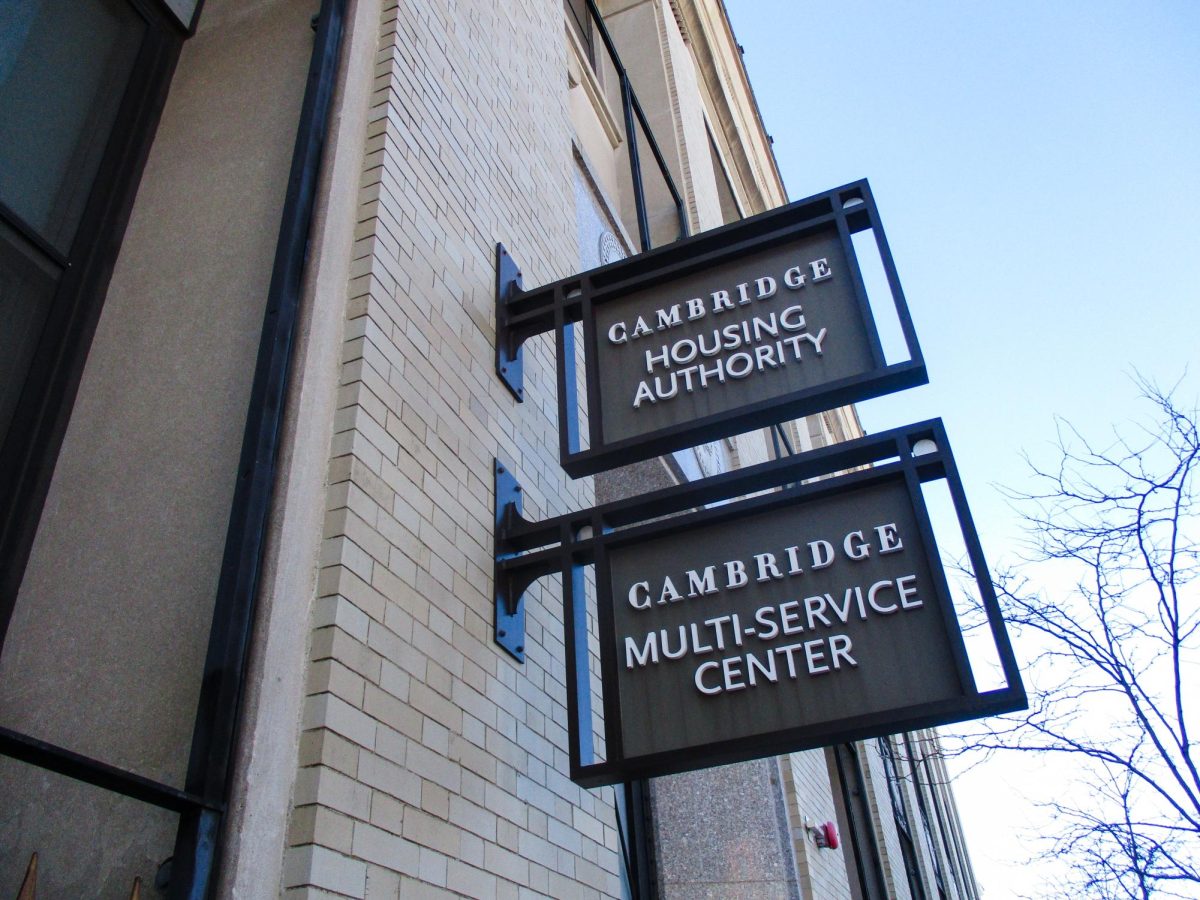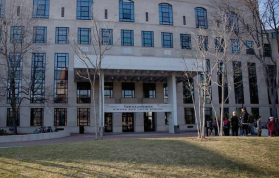At its core, Black History Month is a celebration of resilience, strength, and the enduring spirit of Black people. It provides an opportunity to acknowledge the remarkable achievements of Black individuals throughout history and across various fields such as science, arts, literature, politics, sports, and more. These contributions by Black Americans have played a central role in shaping the cultural and social conditions of the United States.
The celebration is also a way in which we can recognize and honor the struggles faced by Black Americans against systemic racism and discrimination. It allows for reflection on the progress made over the years, as well as the work that still needs to be done. This month fosters a sense of pride and unity within Black communities across America.
In 1915, 50 years after the abolishment of slavery in the United States, minister Jesse E. Moorland and historian Carter G. Woodson founded the Association for the Study of Negro Life and History (ASNLH). Committed to studying and uplifting the successes and achievements of Black Americans, the organization went on to sponsor a “National Negro History” week in 1926.
The significance of the month of February in regards to Black History Month is that both Abraham Lincoln and Frederick Douglas have February birthdays. The choice honors their contributions to Black liberation.
In the decades leading up to the 1960s, “Negro History Week” gained popularity across the country, leading to the introduction of Black History Month primarily on college campuses alongside a growing awareness of Black identity. In 1976, President Gerald Ford officially recognized Black History Month and dedicated February to celebrating the accomplishments of Black Americans. Since Ford’s formal recognition, every President has acknowledged Black History Month and assigned each year with a specific theme, with 2024’s being “African Americans and the Arts.”
“To me, the meaning of Black History Month isn’t simple,” Antonio Houston ’26 told the Register Forum, “I feel like the month is about showing and celebrating Black equality and Black success.” Yet Black History Month is not the only time during which Black accomplishments and history should be valued and discussed, as AP African American Studies teacher Rachel Williams-Giordano told the Register Forum, “Everyday is Black History Month, that’s what it means to me.” Ms. G is dedicated to teaching across all her courses that the rich history of Black America should be discussed everyday and not limited to a single month.
“I consider Black History Month a time of deep reflection” Sophia Young ’24, President of the CRLS Black Student Union (BSU), told the Register Forum; “My very existence is proof of my ancestors’ resilience through the perils of slavery and for me, this month is about taking time to appreciate them,” she said. “But my gratitude for our progress doesn’t distract from the change that still needs to be made.” As America celebrates Black History Month, it is important to remember both the successes of past activism and the ever present need for continued growth. Within the CRLS community, organizations and clubs like BSU provide invaluable spaces of Black unity and Black activism that strive to create a world where every day celebrates Black achievements and fights for further progress.
This article also appears in our January 2024 print edition.















